Formed by crystallization of certain substances in urine, kidney stones are hard, pebble-like pieces of materials occurring in one or both kidneys when there are high levels of various minerals such as calcium or uric acid in urine. A kidney stone may be as small as a grain of sand, as big as a pebble or even as large as a golf ball. Generally, the larger the stone the more severe the symptoms. If the stone is very small in size, it can pass through your urinary tract without notice. But a large stone may cause a sharp pain in your side, groin, back or lower abdomen as it passes through the urinary tract.
So what does it feel like when you have a kidney stone?
Typically, kidney stones are formed in the kidney and a stone that remains in the kidney rarely causes pain. But when a kidney stone travels through the tubes of the urinary tract such as the ureter (tube connecting the kidney to the bladder) or the urethra (tube that leads outside the body), it may produce irritation and blockage that result in pain and other symptoms. You may feel the following symptoms depending on the size and location of the stones:
- No symptoms, if the stone is very small.
- Sudden and severe pain on the side, lower back, groin, abdomen or genitals. The pain gets worse in waves and is often described by people with kidney stones as “the worst pain I have ever experienced.”
- Nausea and vomiting, or a persistent stomach ache.
- Foul-smelling or cloudy urine
- Blood in urine, which occurs whether the stones remain in the kidney or travel through the ureters.
- Frequent and painful urination, often occurring when the kidney stone is in the ureter or after the stone has passed the bladder and is located in the urethra. In some cases, painful urination indicates a urinary tract infection occurring concurrently with the stones.
Remember there are other conditions, such as hernias, appendicitis, prostatitis and ectopic pregnancy, which may have the same symptoms. Therefore it is important to see a urologist so your condition is accurately diagnosed.
Abdominal and back pain
Kidney stones may occur in the urinary tract without causing any symptoms. In fact, if you have small stones, they are likely to pass through the urinary tract without causing pain or being noticed. However, this is often only possible before the stones move from your bladder into the ureter. Once inside the ureter or other tube of the urinary tract, kidney stones cause irritation and blockage which may lead to considerable pain and discomfort. The pain may begin while a stone is still in the kidney or after the stone moves into the ureter, urethra or bladder.
If the pain occurs while the stone is still in the kidney, it is felt in the side and on the back, typically on the same side of the body as that of the affected kidney. You also may feel a cramping sensation or a sharp pain in the pelvic area, lower abdomen or in the genitals.When pain is related to the movement of a stone through the urinary tract, it comes in waves and builds in intensity before fading in cycles of every 20-60 minutes.
Physical signs
As kidney stones move through the urinary system, you may feel a strong and frequent urge to urinate. Likewise, the movement of the stone can cause irritation and damage to the lining of the bladder or ureter, causing blood to mix with urine. As a result, you will find yourself passing bloody urine, which appears reddened, pink or rusty in color. The urine also can be cloudy or foul-smelling. Kidney stones may cause gastric distress, nausea and vomiting. If the movement of the stones through the urinary tract triggers an infection, you may experience fever and chills.
Seek prompt treatment
When you feel lasting symptoms or complications due to kidney stones, it is important to seek prompt treatment. At the doctor’s office, you will undergo thorough examination and diagnostic testing to confirm your condition. If you are diagnosed with kidney stones, your treatment will depend on the size and location of the stones. For example, if you have small kidney stones, the urologist may recommend increased fluid intake to enable the stones to pass on their own. But if the stones are large, the doctor may use a scope to remove them. In some cases, surgery may be necessary.
If you suspect that you have kidney stones, visit St Pete Urology for accurate diagnosis, effective treatment and comprehensive care. At St Pete Urology, we have successfully treated kidney stones and other urinary tract problems for several years. For more information, visit the “St Pete Urology” site.

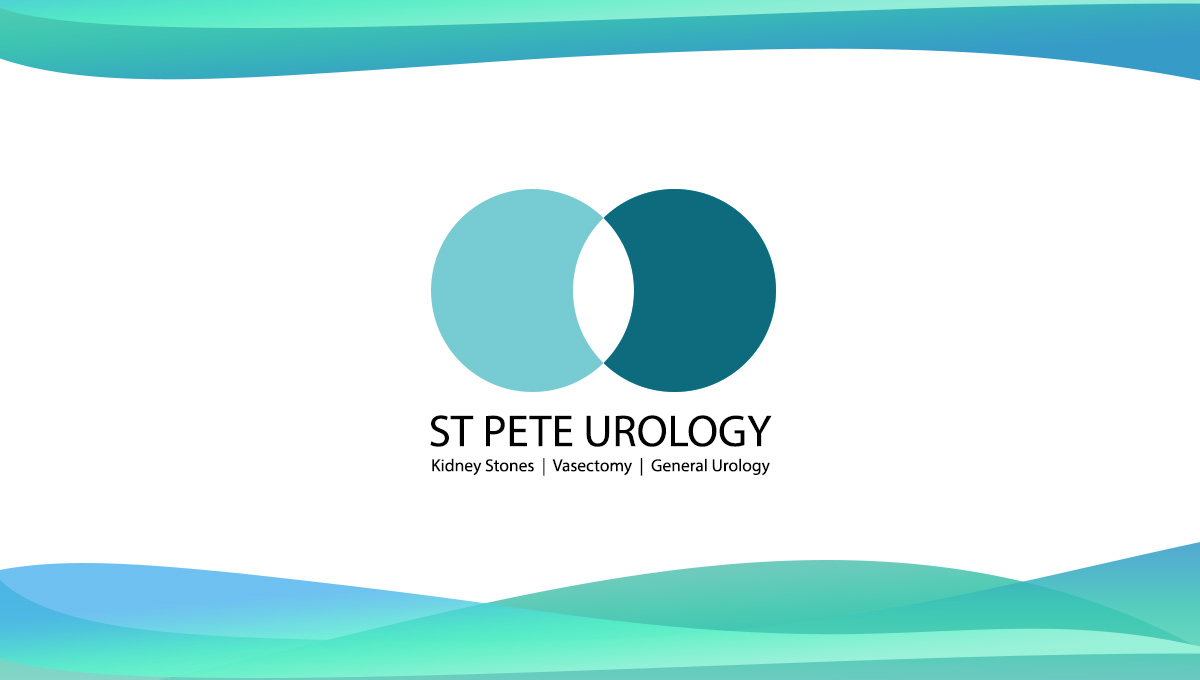
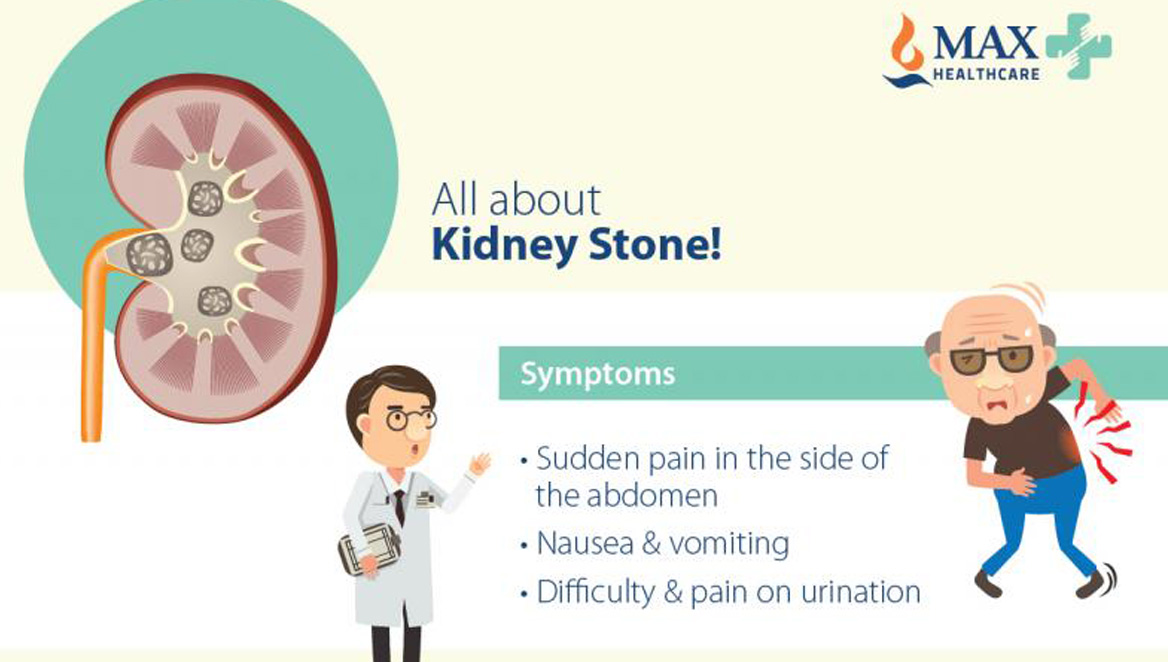
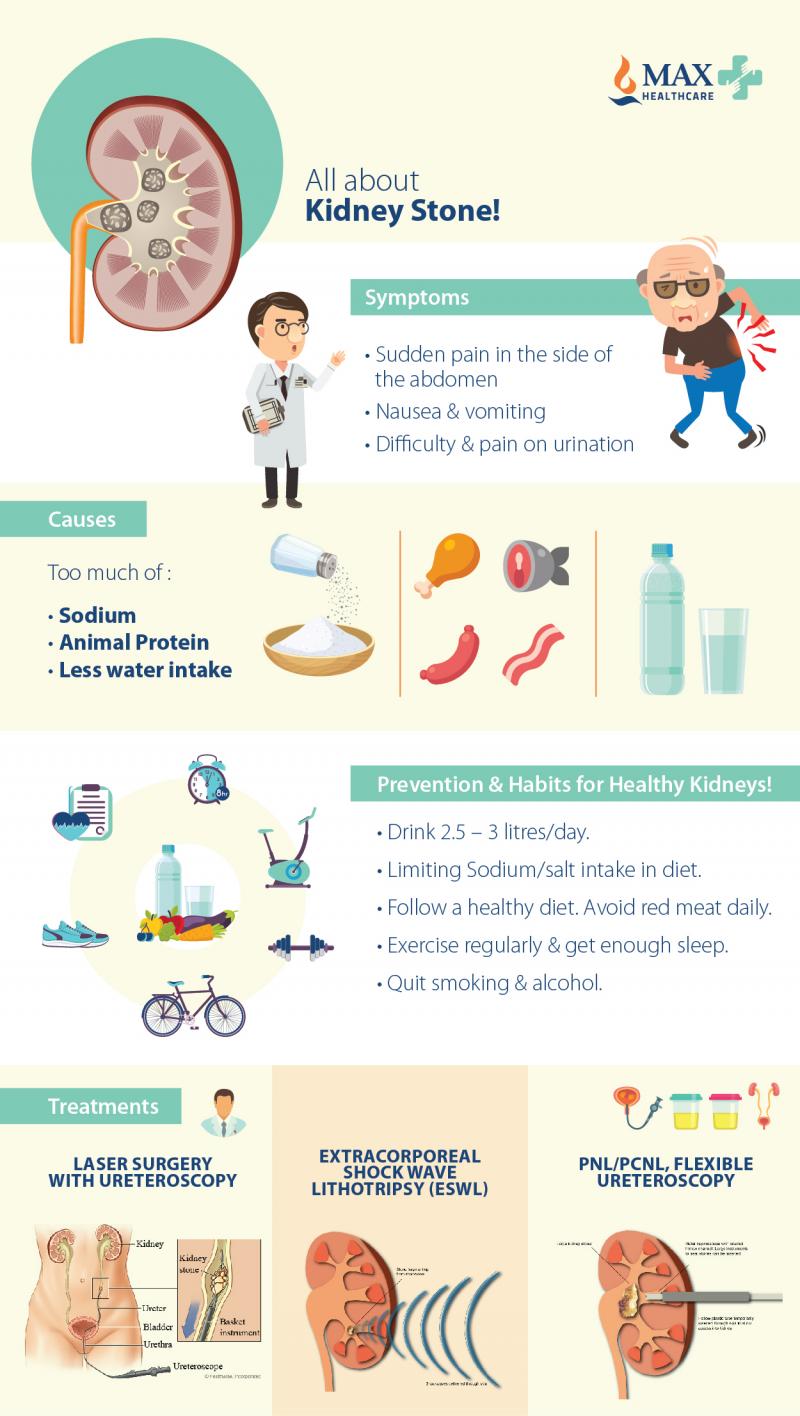
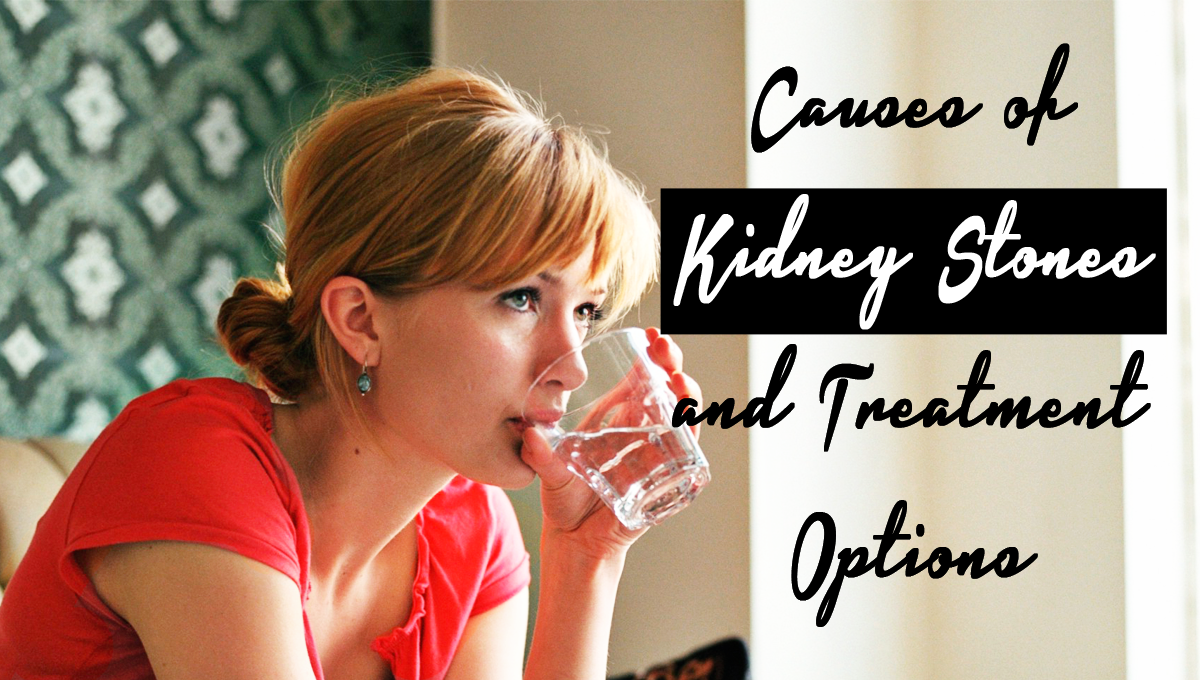
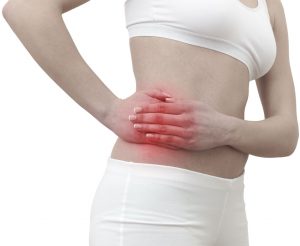 If you have these symptoms, it is important to see a physician, preferably a urologist. The doctor will perform a medical and symptomatic history, give a physical exam and order the necessary tests to confirm the presence of kidney stones and determine their size, location and appropriate treatment. The tests may include blood tests (like uric acid, calcium and phosphorous), tests for stone-forming salt crystals, infections, blood cells and stone factors, kidney function tests, and imaging tests (kidney ultrasounds, CT scans, MRI scans, abdominal X-rays and intravenous pyelograms). The urologist will recommend appropriate treatment after confirming the presence of stones.
If you have these symptoms, it is important to see a physician, preferably a urologist. The doctor will perform a medical and symptomatic history, give a physical exam and order the necessary tests to confirm the presence of kidney stones and determine their size, location and appropriate treatment. The tests may include blood tests (like uric acid, calcium and phosphorous), tests for stone-forming salt crystals, infections, blood cells and stone factors, kidney function tests, and imaging tests (kidney ultrasounds, CT scans, MRI scans, abdominal X-rays and intravenous pyelograms). The urologist will recommend appropriate treatment after confirming the presence of stones.